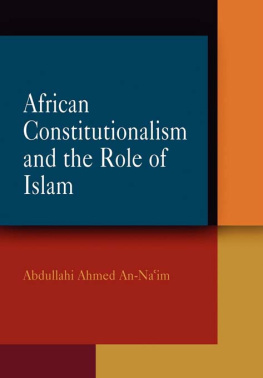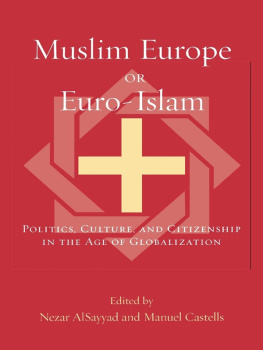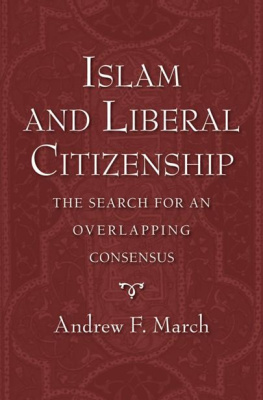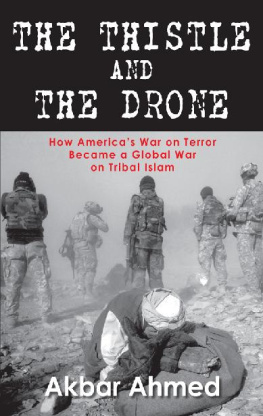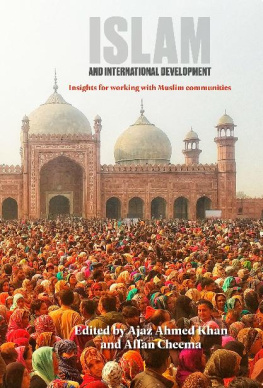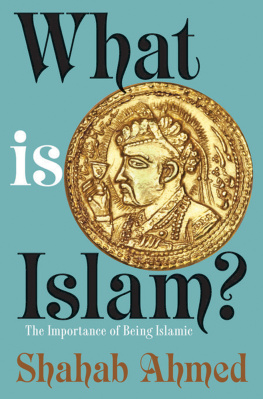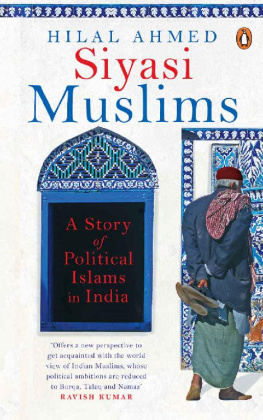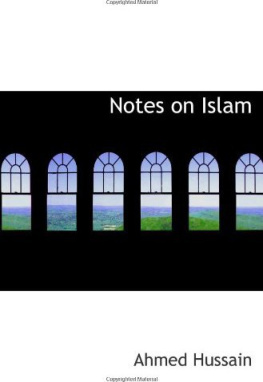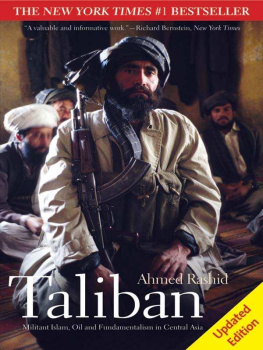
Family, Citizenship and Islam
Studies in Migration and Diaspora
Series Editor:
Anne J. Kershen, Queen Mary University of London, UK
Studies in Migration and Diaspora is a series designed to showcase the interdisciplinary and multidisciplinary nature of research in this important field. Volumes in the series cover local, national and global issues and engage with both historical and contemporary events. The books will appeal to scholars, students and all those engaged in the study of migration and diaspora. Amongst the topics covered are minority ethnic relations, transnational movements and the cultural, social and political implications of moving from over there, to over here.
Also in the series:
London the Promised Land Revisited
The Changing Face of the London Migrant Landscape in the Early 21st Century
Edited by Anne J. Kershen
ISBN 978-1-4724-4727-2
Migration Across Boundaries
Linking Research to Practice and Experience
Edited by Parvati Nair and Tendayi Bloom
ISBN 978-1-4724-4049-5
Human Exhibitions
Race, Gender and Sexuality in Ethnic Displays
Rikke Andreassen
ISBN 978-1-4724-2245-3
The Somatechnics of Whiteness and Race
Colonialism and Mestiza Privilege
Elaine Marie Carbonell Laforteza
ISBN 978-1-4724-5307-5
Secularism and Identity
Non-Islamiosity in the Iranian Diaspora
Reza Gholami
ISBN 978-1-4724-3010-6
First published 2016 by Ashgate Publishing
Published 2016 by Routledge
2 Park Square, Milton Park, Abingdon, Oxon OX14 4RN
711 Third Avenue, New York, NY 10017, USA
Routledge is an imprint of the Taylor & Francis Group, an informa business
Copyright Nilufar Ahmed 2016
Nilufar Ahmed has asserted her right under the Copyright, Designs and Patents Act, 1988, to be identified as the author of this work.
All rights reserved. No part of this book may be reprinted or reproduced or utilised in any form or by any electronic, mechanical, or other means, now known or hereafter invented, including photocopying and recording, or in any information storage or retrieval system, without permission in writing from the publishers.
Notice:
Product or corporate names may be trademarks or registered trademarks, and are used only for identification and explanation without intent to infringe.
British Library Cataloguing in Publication Data
A catalogue record for this book is available from the British Library.
The Library of Congress has cataloged the printed edition as follows:
Ahmed, Nilufar, 1976- author.
Family, citizenship and Islam : the changing experiences of migrant women ageing in
London / by Nilufar Ahmed.
pages cm. (Studies in migration and diaspora)
Includes bibliographical references and index.
ISBN 978-1-4724-6619-8 (hardback)
1. Women immigrantsEngland LondonSocial conditions. 2. Muslim
womenEnglandLondonSocial conditions. 3. MuslimsCultual
assimilationEnglandLondon. 4. ImmigrantsCultural assimilationEnglandLondon.
5. AgingSocial aspectsEnglandLondon. I. Title.
JV6347.A46 2016
305.4869709421dc23
2015028319
ISBN: 9781472466198 (hbk)
For my parents
Contents
I thank the Nuffield Foundation for funding the original study in 2000 which forms phase one of the research this book is based on, and from which I draw my longitudinal sample for phase two. I thank Chris Phillipson for recognising my enthusiasm and appointing me as Research Fellow at that time. In 20002001 I had the support of multiple community organisations whose time and advice were invaluable. In particular Tower Hamlets Parents Centre whose staff and users provided constant advice and whose insight helped shape the study.
This book is based on my PhD, where I revisited women I had met a decade earlier. A self-funded PhD can be a difficult and unsupported process. I cannot thank Max Farrar enough for his advice, encouragement and critical reading of my work during this time and his ongoing mentoring and friendship. I will always be grateful to Farzana Hussain for putting me up and putting up with me during fieldwork, her generosity and good humour made everything wonderful. I thank my siblings, especially my brother Belal, for all their support. And a special thanks to Benjamin Woods for all his help.
My greatest thanks, however, go to the extraordinary women who through laughter and tears, and gallons of tea, shared their secrets with me. Their hospitality, compassion and genuine affection have enriched me as a person and their stories are now integral to my own.
Since the early 1980s there has been a burgeoning of research and writing on the migrant experience, the protagonists being males who left home as economic migrants, asylum seekers or refugees. More recently the spotlight has widened to incorporate female mobility: women who are economic migrants, asylum seekers, refugees, or those illegally trafficked as sex or domestic workers. In contrast, little or no interest has been shown in the experiences of the earlier waves of female migration, that which comes under the heading of family reunification: predominantly women who left home in order to join their husbands some of whom they had not seen for a number of years or those who travelled as brides, married to men their barely knew. In this pioneering and scholarly work, Nilufar Ahmed redresses the lacuna in female migration studies by exploring the lifecourse and experiences of women who came from Bangladesh and settled in the London Borough of Tower Hamlets in the 1970s and 1980s; women who came simply as wives and mothers. However, this is not just a temporally defined examination of female arrival and settlement in a specific place. It is a longitudinal study. Ahmed carried out the research, in the same location with the same subjects, in two separate periods, firstly in 2001 and again in 2011.
This book is then much more than just a one off evaluation of the way in which migrant women adapt to spatial and cultural change. It is far richer than this, as the longitudinal element enabled the author to assess the ways in which subjective values such as ageing, family, communal status and identity, combined with the objectivity of external political and social events, impacted upon first generation female migrants as the process of settlement evolved. The research was further enriched by the fact that, in the context of her research fieldwork, Ahmed was both an insider and outsider. As a Bangladeshi who spoke the dialect of her interviewees Sylheti she was able to integrate with her research universe, whilst at the same time, as an outsider, never having lived in Tower Hamlets, she was able to stand back and take an objective analytical view of the intersection of locality and person.
Upon reading the chapters in this book we begin to appreciate the enormity of the pressures on the Bangladeshi women who arrived in Tower Hamlets during the last quarter of the twentieth century. Ahmeds methodology develops from an intersectional approach which enabled her, at both stages of the research project, to arrive at a holistic impression of her subjects lifecourses, without overlooking the specifics such as their experiences of, and reactions to, racism, linguistic disability, marriage, parenthood, religion, caring and widowhood, as well as, as time went by, the acceptance of a British identity and an appreciation of place. The latter two conditions were facilitated, rather than impeded, by the sense of belonging that Tower Hamlets had imbued upon its Bangladeshi population. Indeed, what the book highlights as a by-product of the core theme is the significance of an accommodating and empathetic local government body which understands and provides for its ethnic population; something that can be seen to have developed in Tower Hamlets in the years covered by the two research initiatives.



